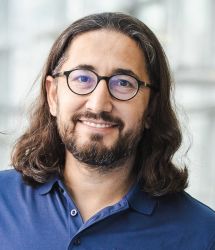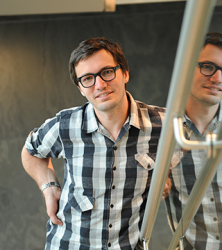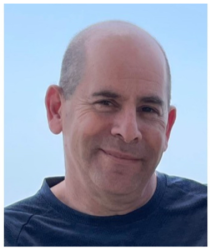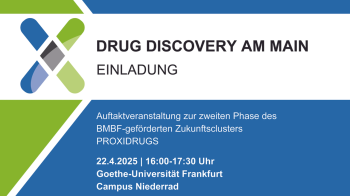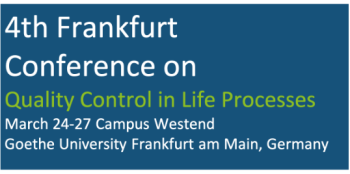Conferences and Workshops
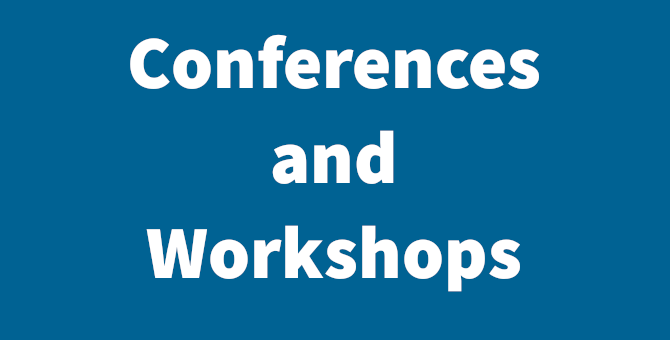
DRUG DISCOVERY AM MAIN
Zukunftscluster PROXIDRUGS
Zukunftscluster PROXIDRUGS
22. Apr 2025 16:00h
Location: Goethe-Universität Frankfurt
Campus Niederrad
Link zur Anmeldung (bis 08.04.2025): https://www.proxidrugs.de/auftakt
4th Frankfurt Conference on Quality Control in Life Processes
24. Mar 2025
Location: March 24-27, 2025
Campus Westend
Goethe University Frankfurt am Main
Germany
Download flyer
FCQC Homepage
4th Frankfurt Conference on Quality Control in Life Processes
The 4th Frankfurt Conference on Quality Control in Life Processes,
organized by SFB1177 and ENABLE, is taking place March 24-27, 2025 at Goethe University Frankfurt.
The meeting brings together scientists from all career stages to discuss mechanisms of cellular homeostasis and their impact on the pathogenesis of major human diseases.
More information can be found here: www.FCQC.de
